It's you're lucky day; you've finally found a website that talks about wild animal repellant. Finally, you're about to find out what you need to...
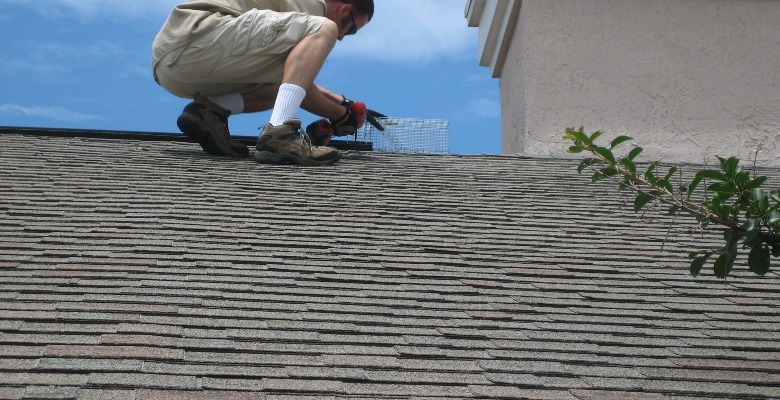
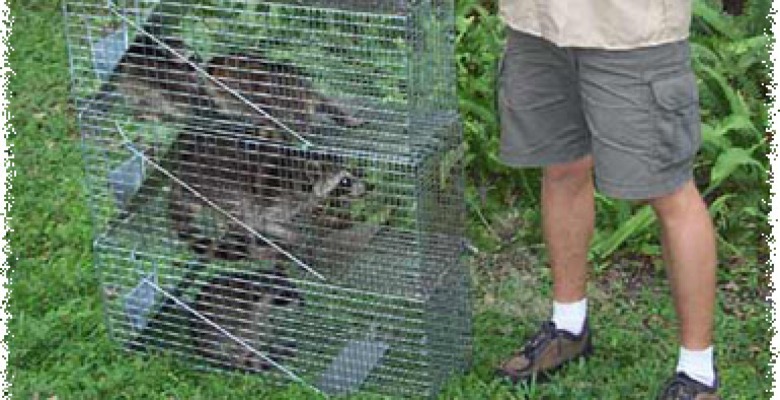
The first step in nuisance wildlife control is prevention. If you can prevent a raccoon from investigating your home or property, you will never have to worry about having to trap and remove that animal and its young. Prevention sounds simple, but based on where you live and the condition your home is in currently, different amounts of time and money may be required. To keep raccoons away you must:
We can help! As America’s largest wildlife control company, we service over 1000 locations across the USA. Call us today to check our prices in your town.
To keep raccoons away, prevention starts around your property. Very rarely will a wild animal venture to a home that is exposed in a large, well-kept yard. Homes with debris, heavy landscaping, trees, and multiple out-buildings, have a higher risk for raccoon encounters because they offer more areas for the animal to hide. By eliminating as many areas of cover as possible, you reduce the chance a raccoon will wander onto your property to scope things out.
Debris cleanup is a must, regardless of the wildlife issue you are experiencing, but repairing damaged areas of your home is just as important. A raccoon that comes onto your property can’t stay if there are no opportunities for it to do so. All it takes is one small hole in an eave or by a chimney for a raccoon to realize it could possibly get inside–and once it realizes this, it won’t hesitate to start ripping apart whatever it needs to in order to accomplish that goal. All holes, even the smallest ones, need to be repaired, and a home needs regular investigation to make sure there are no weak points. Chimneys are a favorite of raccoons, and many people never think twice about a small hole in the cap on their flue.
Once the home and property are impenetrable, the next step is to decrease the number of raccoons coming near the property. This is relatively easy, though people in wooded areas will likely always have a raccoon that wanders through once and a while regardless. To keep raccoons away, take away their primary motivators. You’ve taken away their desire to build a den by cleaning up and repairing your home, now take away their ability to use your property as a source of food. Raccoons are scavengers, and they aren’t picky about what they eat. Pet food, garbage and compost piles are easy pickings for raccoons, but these animals will also eat worms, vegetables from gardens, and pretty much anything else they can get their paws on. Make sure gardens are fenced, garbage is in tight, secure containers, and compost piles are similarly confined or protected. IF you live in an area where water is a commodity, keep water sources fenced off.
Last but not least, take a good look at the property your home is on. Any climbable areas should be removed. This includes trees near the roof, and trellises or creeping vines that would allow a raccoon to climb up onto the roof. Raccoons are smart and often ingenious when it comes to getting where they want to go. Even by removing trees and decorations, raccoons may still be able to get on top of your home. It is also possible to install a fence around your property, but this is often expensive and not practical for excellent climbers like raccoons.
The above steps are the most effective for keeping raccoons away, but there are other alternatives you can add into your prevention methodology. Getting a large dog, for example, can be considered a reasonable method of discouraging raccoons and other wild animals from lingering around your property. The drawbacks to this are: your dog could be injured if it gets too aggressive with a raccoon; the pet food for the dog may encourage raccoons to check out the property.
If you’re uncertain just what you need to do or if you have circumstances that prevent you from keeping raccoons away, call a wildlife removal specialist. A professional technician can come out to your home and make a customized plan as to what would work best for your needs.
Raccoons are intelligent creatures with feelings. Whenever possible, aim for prevention techniques or humane trapping and relocation instead of killing the animals. And please never use poison! It's inhumane and rarely solves the problem. Our company provides 100% effective and permanent wildlife removal, while employing the most humane approach possible.
Over 1000 locations across the United States!
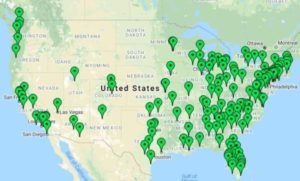

It's you're lucky day; you've finally found a website that talks about wild animal repellant. Finally, you're about to find out what you need to...
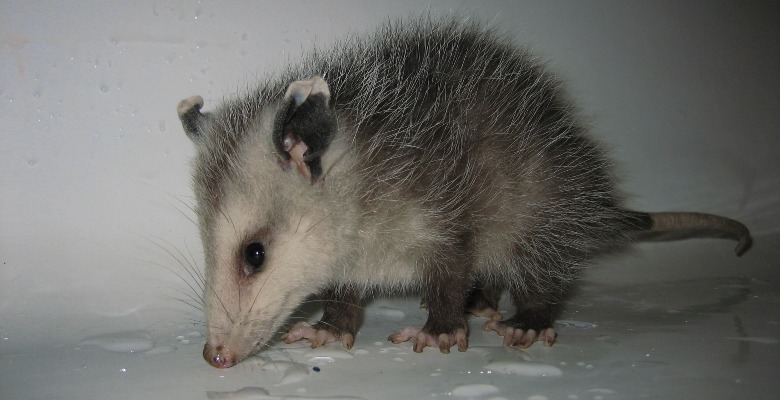
Wild animals can expose humans and pets to a number of diseases. Some of these issues, like rabies, are well-known, but others may not be so...
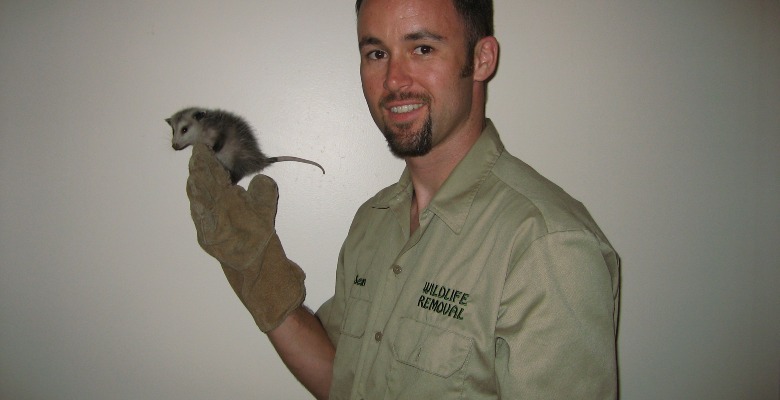
There are many myths out there regarding humans and baby wild animals; if you touch it the mother won't take it back, etc. The truth is less severe,...